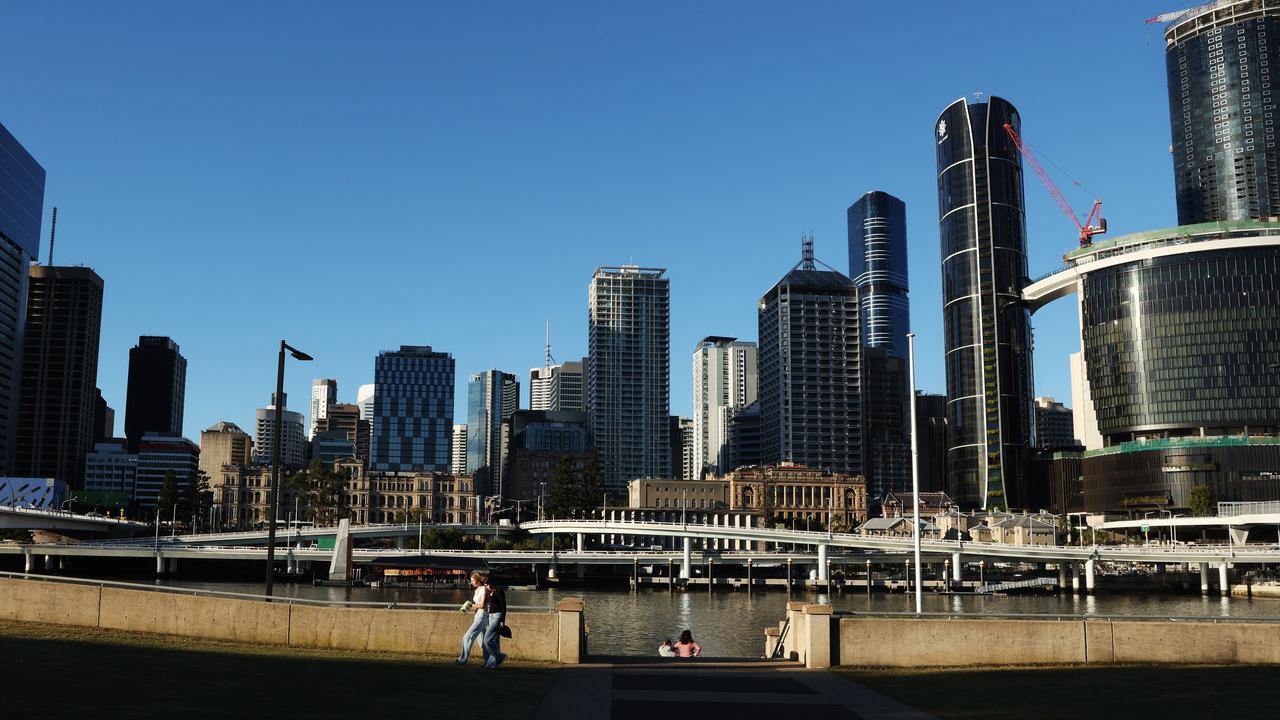Prime Value Asset Management says bad news still to come
Earnings season is continuing to see companies print results above where many market watchers expected them to land, but the end of August is likely to see poor results shuffled out.

Business
Don't miss out on the headlines from Business. Followed categories will be added to My News.
The earnings season is continuing to see companies print results above where many market watchers expected them to land, but the end of August is likely to see poor results shuffled out.
That’s the view of Prime Value Asset Management portfolio managers Richard Ivers and Mike Younger, who run one of Australia’s most successful small and mid-cap funds.
The Prime Value Emerging Opportunities Fund has returned 12.8 per cent to July 31 and notched up 11.5 per cent per annum, after fees, since its inception in 2015.
The fund holds a basket of about 35 to 40 stocks outside the ASX 100 on a typical three to five-year ownership cycle.
Mr Younger said recent weeks of the earnings cycle were better than what investors expected them to be.
“I thought by the time we got to the last AGM season was when we would see the cracks in the economy appear,” he said.
“But it wasn’t until May when we saw the impacts of people’s savings being consumed and the fixed-rate mortgage cliff being crunched through when you saw companies talk about reduced demand.”
But Mr Younger said he was surprised here had not been a lot of downgrades.
“The results in small caps that have come out have been pretty good and outlooks are OK,” he said.
“One thing we do keep in mind is, in general, the higher-quality businesses report earlier.
“If a company has a reason not to want its results to be in the headlights (then they) push them into the back of the month.”
Mr Younger said his fund was positioned around picking winners from the pack and avoiding stocks with a high-risk return.
This means the fund avoids early-stage miners and loss-making tech companies. “The issue with mining companies is we can’t tell with a reasonable degree of confidence what the earnings are going to be in one year,” he said.
“We can’t predict drill hole results, and the execution track record of most of these companies is difficult.”
Key contributors to the fund’s performance in July were transport and logistics firm Lindsay Australia, fleet management operator SG Fleet, and debt collector Credit Corp. The poor performers were transport manager Kelsian, shipbuilder Austal, and car parts manufacturer AUB.
The Prime Value Emerging Opportunities Fund has about $130m invested across its positions.
Mr Ivers said the fund avoided most of the banks and had largely steered clear of non-bank lenders, which had been smashed by 12 interest rate rises over the past year.
Broker and lender AFG is a key position in the portfolio, with Mr Ivers noting it offered a diversification of income streams thanks to trailing commissions that were predicable and stable.
Non-bank lender Resimac, on the other hand, was struggling due to its cyclic earnings base.
The ASX 100 is up 10.6 per cent from its low in October last year, while the Small Ordinaries is up only 8.5 per cent.
Mr Ivers said the small cap end of the market was often oversold in a market downturn, presenting the opportunity for a stronger rebound when conditions turned. “The last six calendar years, that’s been hugely volatile,” he said.
“You’ve had Covid, growth in style, value in style, tech flying and tech being smashed.
“Broadly speaking there has been more of an interest in small caps. People can see we’re delivering this consistent performance – we’re not going to blow them up and embarrass them.”
More Coverage
Originally published as Prime Value Asset Management says bad news still to come





